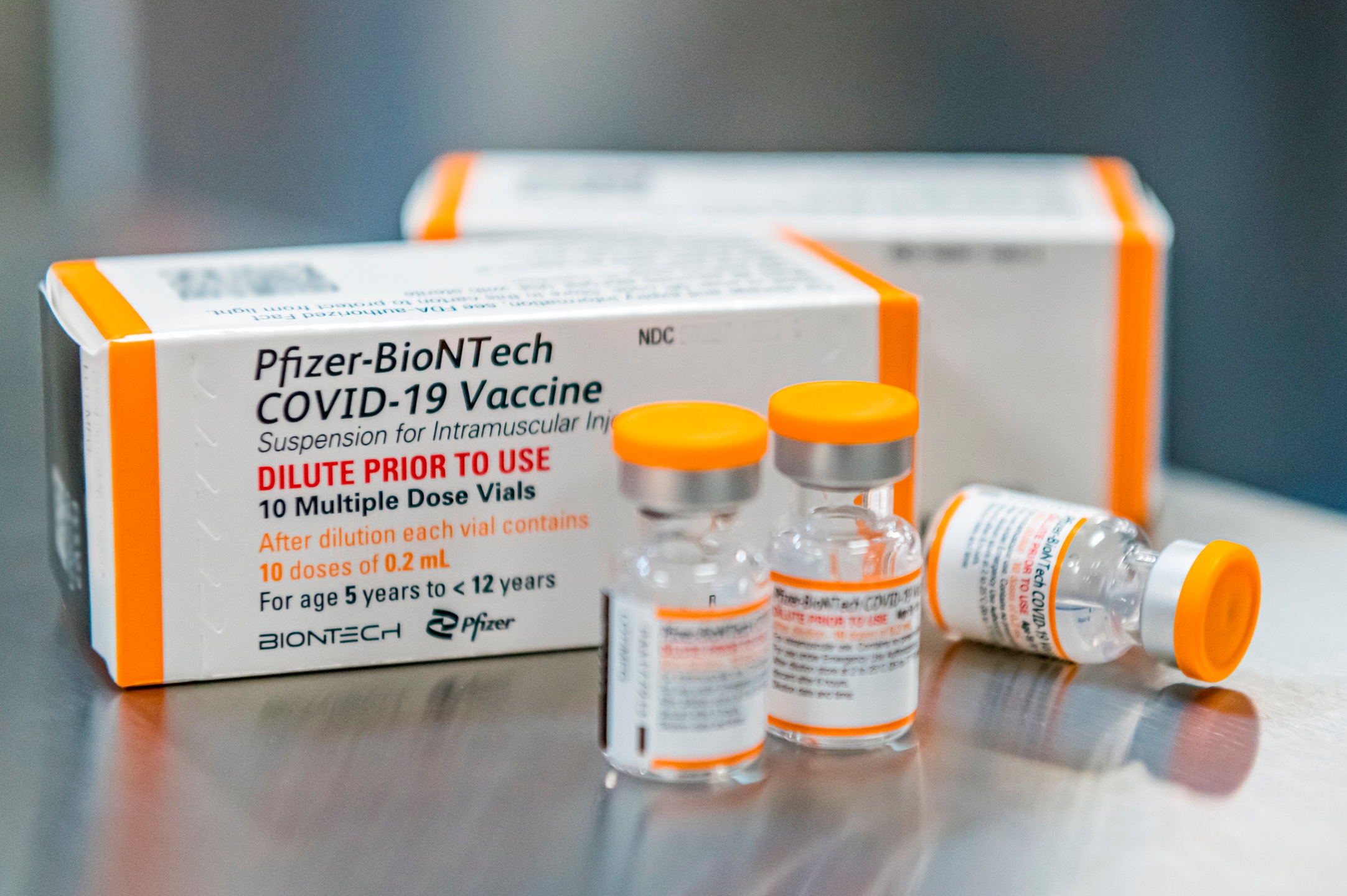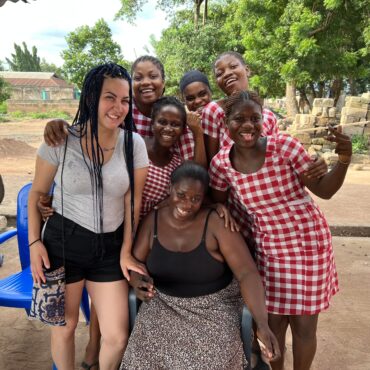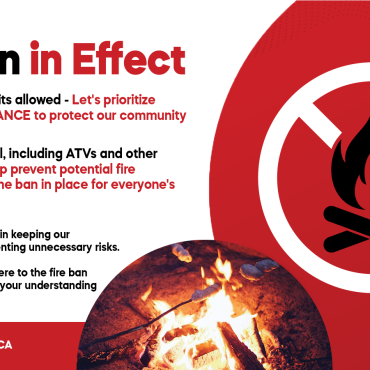COVID-19 Vaccine: Updated Interval for Booster Doses and Expanded Eligibility for Second Booster Doses
Effective May 20, 2022, Manitoba is updating its COVID-19 vaccine booster dose guidance and eligibility as follows:
- Decreasing the interval between the last dose in the primary series and a first booster dose from 6 months to at least 4 months.
- Decreasing the interval between the first booster and a second booster dose from 6 months to at least 4 months.
- Expanding eligibility criteria for second booster doses as follows:
- residents of personal care homes and elderly persons’ housing congregate living sites (such as supportive housing and assisted living) with no age limit (no change)
- individuals aged 50 or older who live in the community (previously, the age cap was at ≥ 70 years)
- individuals 18 to 49 years of age who are moderately to severely immunocompromised (new criterion)
- First Nations, Inuit and Metis people aged 30 or older, regardless of where they live (previously, the age cap was at ≥ 50 years)
Patients should continue to be counseled on the individual risks and benefits, considering:
- their risk of getting sick from COVID-19 and experiencing complications. Emerging evidence suggests that overall, the risk of serious illness from Omicron is lower compared to other variants of concern. However some groups of people continue to be at increased risk of experiencing serious illness from Omicron. Evidence suggests protection from the vaccine decreases with time.
- their risk as it pertains to vaccine safety (e.g., limited evidence of rare cases of myocarditis/pericarditis following booster doses).
- what is unknown at this It is unknown what future variants of concern may emerge, if and when they will circulate in Canada and how current vaccines will work against them. Vaccine manufacturers are working on new COVID-19 vaccines, but it is unknown if and when these will be available, and how they will work against current or new variants of concern.
- the evolving and limited evidence on the effectiveness of a booster In general, protection from a first or second booster dose against Omicron is highest soon after vaccination, with protection decreasing over time.
- Evidence regarding a first booster dose suggests that while protection against mild illness begins to decrease after vaccination, protection against severe illness remains more durable.
- Evidence regarding a second booster dose is limited but suggests that it provides additional protection compared to a first booster dose, including against severe disease. However, it is currently unknown how long protection will last.
Those who are unimmunized or partially immunized should continue to be counselled on the importance of receiving a primary series (2-doses for the general population; 3- doses for moderately to severely immunocompromised people), and a first booster dose, particularly when the patient is at increased risk of severe illness from COVID-19.
Manitoba continues to review the evolving COVID-19 situation and is planning for fall seasonal influenza and COVID-19 immunization campaigns.
Factsheets on the primary series for children, primary series and booster doses for adolescents/adults, as well as factsheets for individuals who are immunocompromised and/or living with an autoimmune condition are available online at: www.gov.mb.ca/covid19/vaccine/resources.html and are being updated to reflect the above guidance. These factsheets consider the risks and benefits of vaccination, and should be reviewed as part of the informed consent process.
Eligibility criteria as well as resources for health care providers (e.g., memos) can be accessed at: www.gov.mb.ca/covid19/vaccine/index.html.
BOOK YOUR VACCINE:
Fisher River Health Services
431.256.0395






